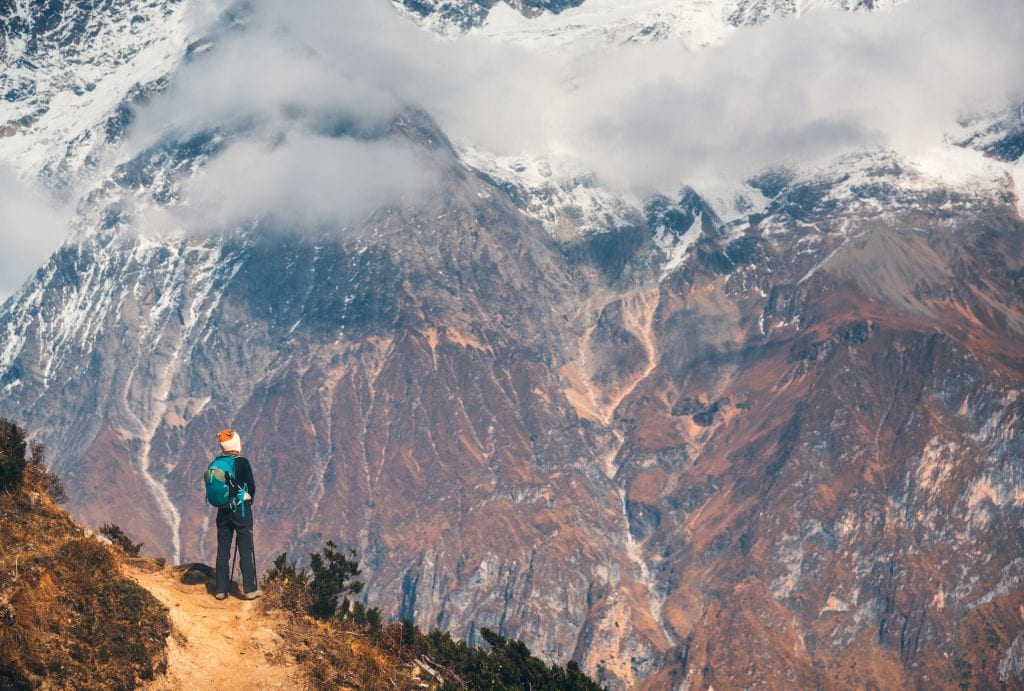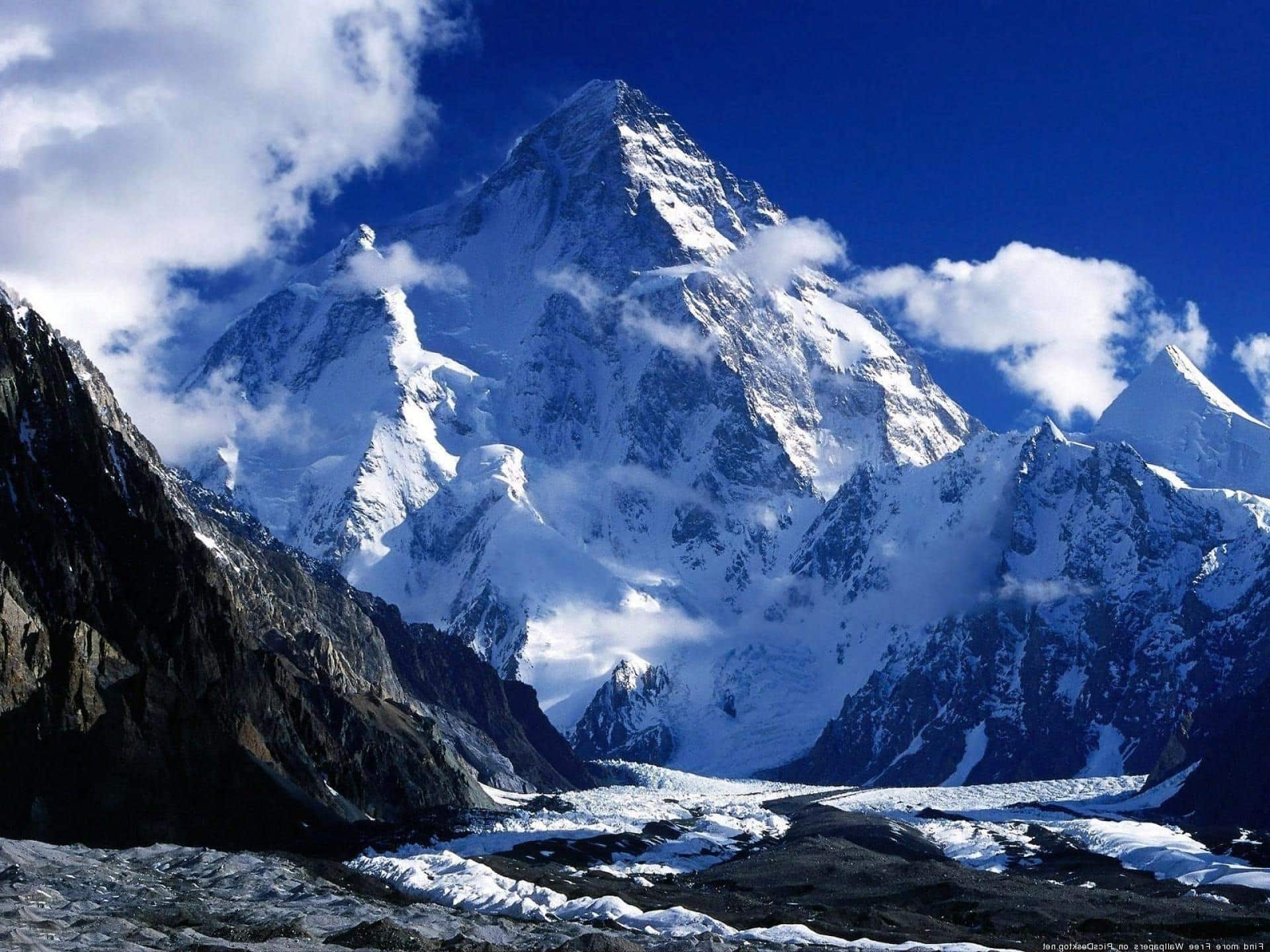Dreams have long fascinated humanity, serving as windows into our subconscious minds and offering glimpses of our deepest desires, fears, and aspirations. Among the myriad symbols that populate our dreamscapes, mountains stand tall as powerful and evocative images. These majestic natural formations often appear in our nocturnal visions, carrying a wealth of symbolic meaning and psychological significance. In this comprehensive exploration, we’ll delve into the rich symbolism of mountain dreams, examining their various interpretations across cultures, psychological perspectives, and spiritual traditions.
The Universal Symbolism of Mountains in Dreams
Mountains have captivated human imagination since time immemorial, serving as awe-inspiring landmarks and metaphors for life’s challenges and triumphs. In dreams, these towering peaks often represent:
- Obstacles and challenges: Just as scaling a mountain requires effort and determination, dreaming of mountains can symbolize the hurdles we face in our waking lives.
- Personal growth and achievement: Reaching a mountain’s summit in a dream may represent overcoming obstacles and achieving personal or professional goals.
- Spiritual ascension: Mountains have long been associated with spiritual enlightenment and the journey toward higher consciousness.
- Perspective and clarity: The elevated vantage point offered by a mountain can symbolize gaining a broader perspective on life’s issues.
- Stability and permanence: The enduring nature of mountains can represent stability, security, and unchanging aspects of one’s life or personality.
Cultural Interpretations of Mountain Dreams
Different cultures around the world have ascribed various meanings to mountains in dreams:
- Chinese culture: Mountains are often associated with longevity, stability, and wisdom. Dreaming of mountains may signify a desire for a long and prosperous life.
- Native American traditions: Many indigenous cultures view mountains as sacred places, connecting the earthly and spiritual realms. Dreams of mountains may indicate a need for spiritual guidance or connection with ancestral wisdom.
- Hindu mythology: Mountains, particularly Mount Meru, are seen as the center of the universe and a symbol of cosmic order. Dreaming of mountains may represent a quest for balance and harmony in one’s life.
- Greek mythology: Mount Olympus, home of the gods, symbolizes divine power and authority. Mountain dreams in this context might reflect aspirations for greatness or a desire to overcome mortal limitations.
- Tibetan Buddhism: Mountains are often seen as places of meditation and spiritual practice. Dreams of mountains may indicate a need for inner reflection and spiritual growth.
Psychological Perspectives on Mountain Dreams
From a psychological standpoint, mountain dreams can offer valuable insights into our mental and emotional states:
- Jungian analysis: Carl Jung viewed mountains as symbols of the self, representing the journey toward individuation and self-realization. Dreaming of climbing a mountain might indicate progress in personal growth and self-understanding.
- Freudian interpretation: Sigmund Freud might interpret mountain dreams as expressions of sexual desires or phallic symbols, particularly if the dream involves climbing or conquering the mountain.
- Gestalt approach: This perspective focuses on the dreamer’s emotional response to the mountain. The dream’s meaning is derived from how the dreamer feels about and interacts with the mountain in the dream.
- Cognitive theory: Mountain dreams may reflect the brain’s processing of challenges or goals in waking life, using the mountain as a metaphor for these experiences.
- Existential psychology: Dreams of mountains might represent the search for meaning and purpose in life, with the climb symbolizing the journey toward self-discovery and authenticity.
Spiritual Significance of Mountains in Dreams
Mountains have long held spiritual significance across various traditions and belief systems. In dreams, they often carry profound spiritual meanings:
- Connection to the divine: Mountains are frequently seen as meeting points between heaven and earth, symbolizing a connection to higher realms or divine energies.
- Spiritual ascension: Climbing a mountain in a dream may represent the spiritual journey, with each step signifying progress toward enlightenment or higher consciousness.
- Inner strength and resilience: The immovable nature of mountains can symbolize inner strength and the ability to withstand life’s challenges.
- Transcendence: Reaching a mountain’s summit in a dream may represent transcending earthly concerns and gaining a higher perspective on life.
- Spiritual transformation: The process of scaling a mountain can symbolize the transformative journey of spiritual growth and self-discovery.
Biblical Interpretations of Mountain Dreams
In biblical contexts, mountains often hold significant symbolic meaning:
- Divine revelation: Mountains are frequently mentioned as places where God reveals Himself or communicates with humans, such as Mount Sinai where Moses received the Ten Commandments.
- Testing and faith: Mountains can represent tests of faith, as seen in the story of Abraham being asked to sacrifice his son on Mount Moriah.
- Spiritual elevation: Dreams of mountains may symbolize a desire for spiritual elevation or a calling to a higher purpose in life.
- Overcoming obstacles: Biblical mountain dreams might represent the challenges faced in one’s faith journey and the strength required to overcome them.
Common Dream Scenarios Involving Mountains
Mountain dreams can manifest in various scenarios, each carrying its own potential interpretations:
- Climbing a mountain: This common dream scenario often represents personal growth, overcoming challenges, or striving toward a goal.
- Falling from a mountain: Such dreams might indicate feelings of failure, loss of control, or fear of not meeting expectations.
- Observing a distant mountain: This could symbolize long-term goals or aspirations that seem out of reach.
- Being trapped on a mountain: This scenario might represent feeling stuck in a difficult situation or struggling with a persistent challenge.
- Flying over mountains: Dreams of soaring over mountains can indicate a sense of freedom, transcendence, or overcoming obstacles with ease.
- Erupting volcano: A mountain transforming into an active volcano might symbolize repressed emotions or impending change in one’s life.
- Snow-capped peaks: Dreaming of snow-covered mountains might represent purity, clarity of thought, or emotional coldness.
- Green, lush mountains: These dreams could symbolize abundance, growth, and new opportunities.
Expert Opinions and Studies on Mountain Dreams
Dream researchers and psychologists have offered various perspectives on the significance of mountain dreams:
- Dr. Kelly Bulkeley, a dream researcher, suggests that mountain dreams often reflect the dreamer’s sense of their own potential and the challenges they face in realizing it.
- A study published in the Journal of Dream Research found that individuals who frequently dream of mountains tend to score higher on measures of achievement motivation and self-efficacy.
- Psychologist Robert Johnson argues that mountain dreams can represent the archetypal hero’s journey, symbolizing the quest for self-discovery and personal growth.
- Dream analyst Lauri Loewenberg proposes that the specific details of the mountain (e.g., its size, condition, or the dreamer’s interaction with it) can provide valuable insights into the dreamer’s emotional state and life circumstances.
- A cross-cultural study by researchers at the University of Montreal found that mountain dreams were consistently associated with themes of aspiration, challenge, and spiritual seeking across diverse cultural backgrounds.
Decoding Your Mountain Dreams: Practical Advice
For those who frequently dream of mountains, here are some practical tips for interpreting these dreams in the context of personal life:
- Keep a dream journal: Record your mountain dreams in detail, including your emotions, actions, and the mountain’s appearance.
- Identify patterns: Look for recurring themes or elements in your mountain dreams over time.
- Consider your current life situation: Reflect on how the mountain dream might relate to challenges, goals, or changes in your waking life.
- Explore your emotions: Pay attention to how you feel during and after the dream, as emotions can provide valuable clues to the dream’s meaning.
- Practice mindfulness: Engage in meditation or mindfulness practices to enhance your dream recall and self-awareness.
- Seek professional guidance: If mountain dreams are causing distress or confusion, consider consulting a dream therapist or psychologist for personalized insights.
- Embrace the symbolism: Use the powerful symbolism of mountains as inspiration for personal growth and goal-setting in your waking life.
- Connect with nature: Spending time in nature, particularly in mountainous areas, may help you connect more deeply with the symbolism in your dreams.
In conclusion, mountain dreams offer a rich tapestry of symbolism and meaning, reflecting our deepest aspirations, challenges, and spiritual yearnings. By paying attention to these powerful nocturnal visions and exploring their various interpretations, we can gain valuable insights into our inner landscapes and use this wisdom to navigate the peaks and valleys of our waking lives. Whether you’re scaling new heights in your dreams or admiring distant peaks, remember that each mountain dream carries the potential for profound self-discovery and personal growth.

Was the mountain dream meaning helpful to you? Please share this dream with your friends.
